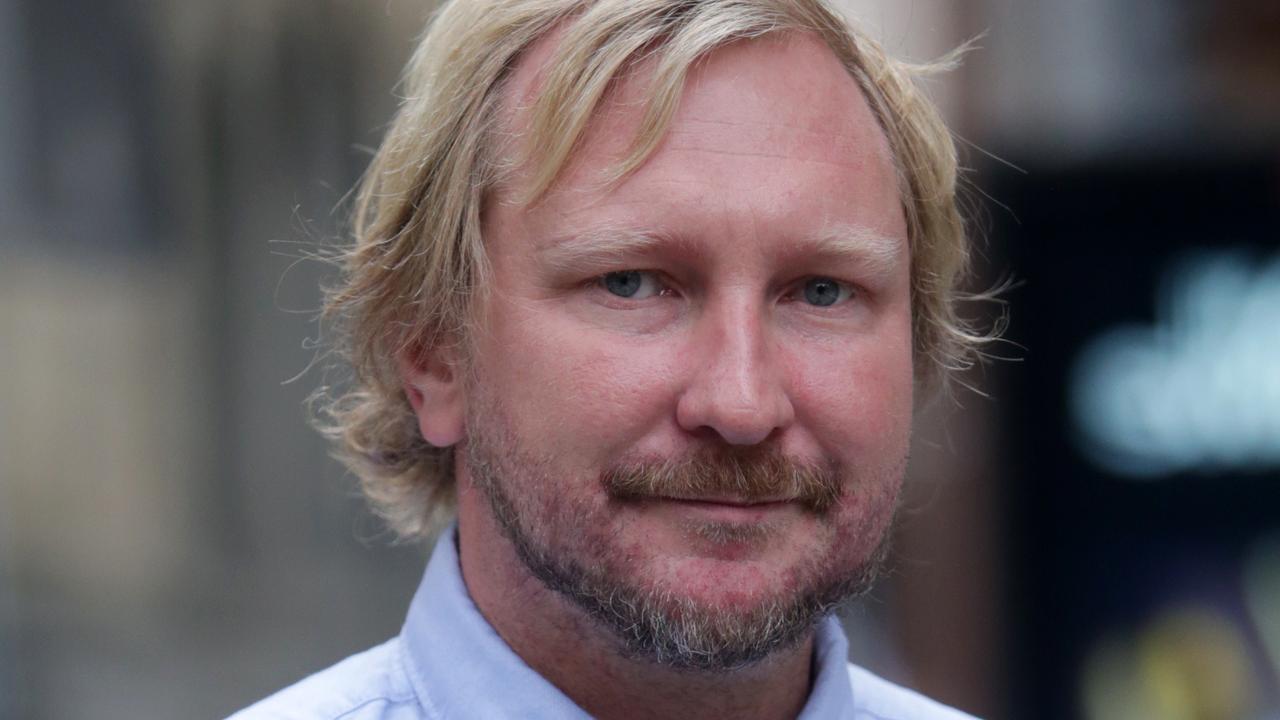RBA boss gives depressing solution to Australian rent price surge
The Reserve Bank governor has made a depressing suggestion to Aussies wondering how they will afford another rent hike, with prices tipped to rise 10 per cent.
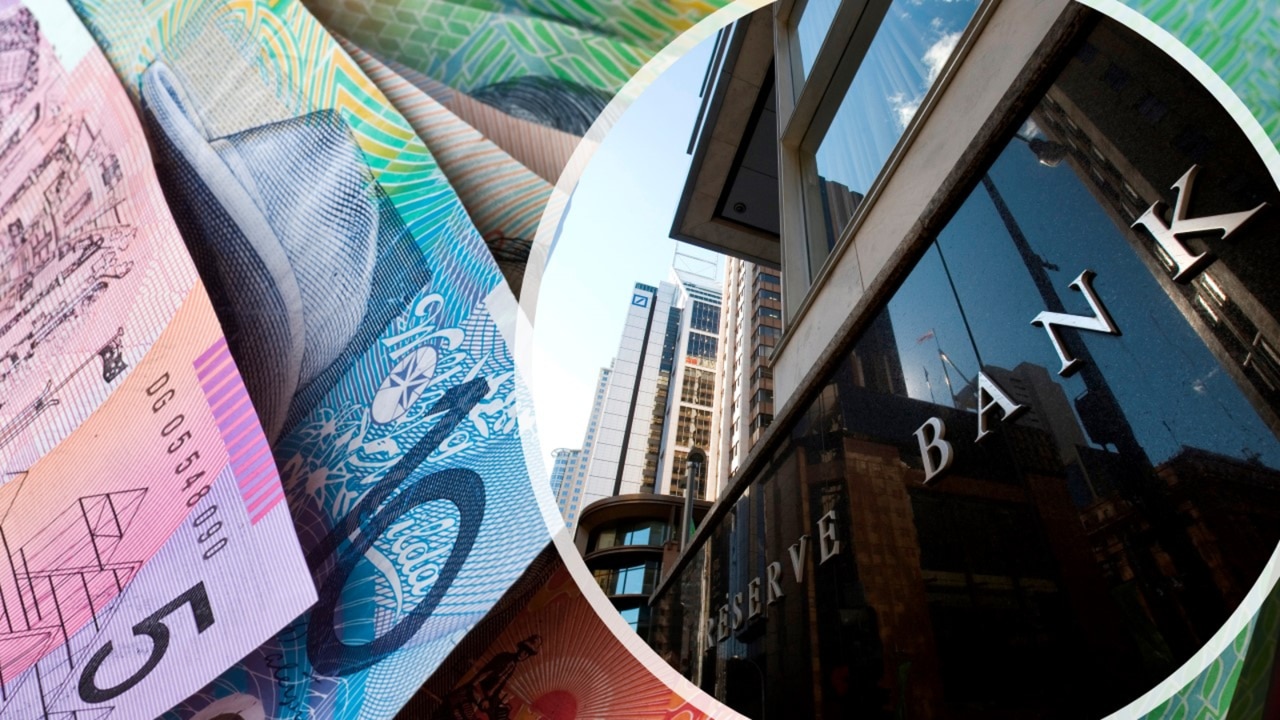
The Reserve Bank governor says Australians will have to increase the size of their households as rents continue to soar across the country.
Appearing before a Senate estimates hearing on Wednesday morning, Philip Lowe warned not enough homes are being built to keep pace with population growth, driving up rents and exacerbating the cost of living crisis.
The reopening of the international border and the return of international students and skilled migrants is forecast to increase Australia’s population by 2 per cent.
“Are there 2 per cent more houses? No,” he said.
“We need more people on average to live in each dwelling.”
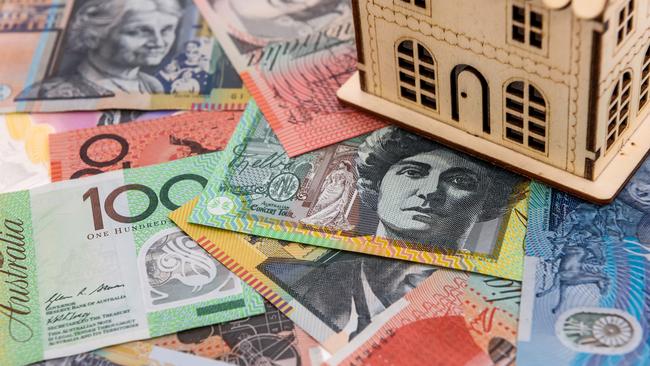
The population increase comes at a time where vacancy rates are already at record lows, placing further pressure on an already squeezed market.
He told the hearing Australians’ preference for more space as they continue to work from home and the population increase as the main contributors driving the dramatic increase in rents.
“As rents go up, people decide not to move out of home, or you don’t have that home office, you get a flatmate,” Dr Lowe added.
“Higher prices, they do lead people to economise on housing, don’t they? Kids don’t move out of home because the rent is too expensive, or you decide to get a flatmate or a housemate because that’s the price mechanism at work.”
Dr Lowe said the central bank is forecasting rents, the single largest component of the consumer price index, to grow about 10 per cent.
“It’s very tough,” he said.
“Some people are experiencing bigger increases than that (10 per cent figure). The bigger issue here is supply and demand. The vacancy rates are very low.”
He said the housing market is the most “salient example” of the struggle Australia as capital investment lags behind population growth.
“Solving the housing problem, I think that’s the single biggest thing we could do. And then we’ve got to build the transportation infrastructure to support that,” he said.
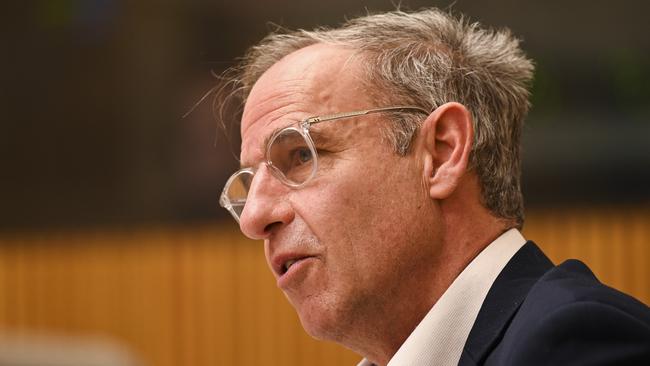
Pressed by Greens senator Nick McKim said the solution to “all these problems in the housing market is supply”.
The minor party has been pushing the federal government to work with the states to force a freeze on soaring rents.
But Dr Lowe suggested the policy was “the wrong way to go” and raised concern it would distort supply.
“We might get inflation down for a bit, but we’ll all end up in the poor,” he said.
NOT DECLARING VICTORY IN WAR ON INFLATION YET
The Reserve Bank governor said he’s not declaring victory in the war on inflation just yet, and denied that he’s engaged in a scare campaign on interest rates.
Dr Lowe said he is acutely aware of the unpopularity of the central bank’s aggressive tightening of the cash rate in a bid to curb “persistent” inflation.
But the RBA boss warned the bank may need to increase rates further depending on what happens in the global economy, consumer spending, inflation expectations and productivity growth.
“I know the higher interest rates at the moment are very unpopular and are hurting people. I know it’s really tough. But, you know, the board discussions think of the alternative,” he said.
“If we had not increased interest rates … inflation will be higher for longer.
“So what we’re doing now is difficult but it’s necessary to avoid more pain and even higher interest rates later on.”
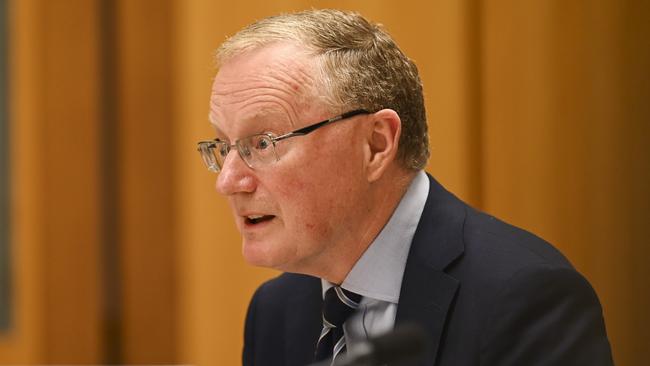
The bank has lifted the cash rate at 11 of its past 12 meetings, pushing it from a record low 0.1 per cent to 3.8 per cent in the most aggressive tightening cycle since the 1980s.
The current headline inflation rate sits at 7 per cent, down from the 7.8 per cent peak in the December quarter.
Asked if the battle against inflation has been won, Dr Lowe said it would be “premature” to say so.
“We are not going to declare victory until victory is achieved,” he told the parliamentary committee.
A success for the RBA would be inflation returning to its target range of 2 to 3 per cent. He said the bank forecasts that to occur by mid 2025.
Dr Lowe stressed he wasn’t engaging in a “scare campaign” but he just wanted Australians to understation the “genuine risk” of high inflation.
LOWE JOKES ABOUT FUTURE
The governor ended his two-hour grilling with a sly smile, after being asked by Liberal senator Dean Smith if the committee would see him for the October round of senate estimates.
“Well, perhaps. We’ll see,” Dr Lowe said to awkward laughter from senators at the committee.
With his term as governor ending in September, the governor's future is up in the air, as the government continues to deflect questions on whether it will re-appoint him.
Dr Lowe has previously indicated he would be happy to serve as long as the government wanted him to, but a recent review of the RBA has put a question mark on the possibility.
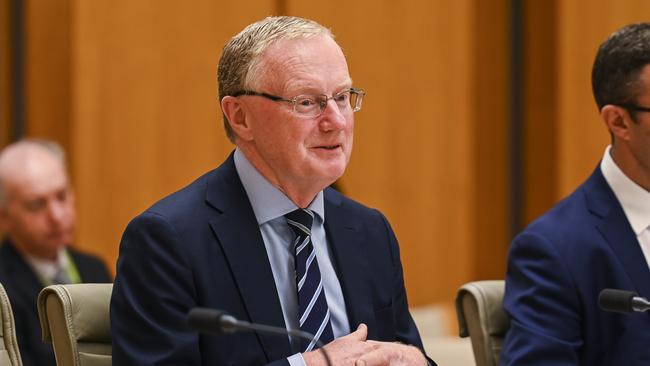
“If I was (asked) to stay, I would. If I was to leave, I would support whoever came next,” Dr Lowe said on Wednesday, adding no one had suggested he be removed.
Earlier, the governor expressed frustration the RBA review had created an impression that he dictates what the board should do when it meets to discuss interest rate rises.
“One of my frustrations with the Reserve Bank review was that it created an impression that … at the meetings I come in with my recommendation, my models or my data, and say this is what we should do,” he said.
“That is not how it works at all,” Dr Lowe said.
CONCERN ABOUT PRODUCTIVITY GROWTH AND WAGES
Dr Lowe was also asked about concerns wages growth could add to inflation pressures, after a private meeting with MPs – in which he discussed the issue – was leaked to the media.
In the meeting, as reported by the Nine Newspapers, Dr Lowe is said to have warned the current rates of wages growth required an increase in productivity.
The bank boss said he was “disappointed” by the media reporting and told the hearing that private MP briefings were a practice long held by the RBA.
“I’ve been doing that for the past seven years and the governor before me did that for 10 years,” Dr Lowe said.
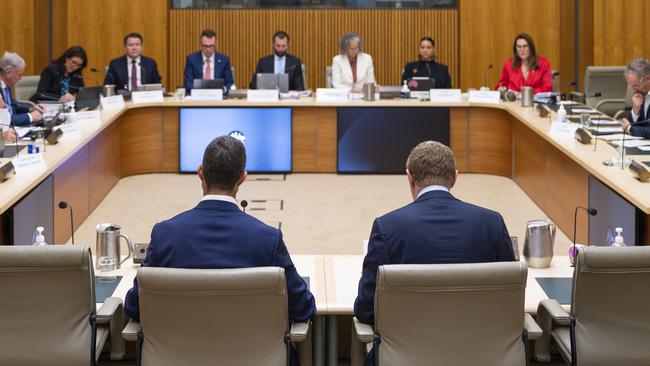
On Wednesday, he said nominal wages growth was not an issue, but that the bigger problem was the increase in unit labour costs – or the difference between wages growth and productivity growth.
Dr Lowe said without productivity growth it would be difficult for Australians to enjoy a pay rise higher than inflation.
“The problem is with productivity growth over the last three years, there has been no increase in the average output produced per hour worked in Australia … that’s a problem,” he said.
“Our forecast is that wage growth picks up a bit more, (that) the wage price index grows by four per cent this year, so that in the normal course of things, four per cent wages growth is not problematic.
“But it is problematic if we had no productivity growth.
“We do need to pay attention to growth in unit labour costs because over long periods of time, the price level increases pretty much in line with growth in unit labour costs.
“There are periods where they differ, but over the medium term, those two things go together.”
BUDGET WAS ‘BROADLY NEUTRAL’
The governor was grilled over the impact of the Albanese government’s second budget, which was handed down earlier this month.
He told the senate estimates hearing the budget was “broadly neutral” and the $3bn-$4bn of extra spending did not shift the needle at all.
“(It) hasn’t affected our outlook for the economy or for interest rates,” Dr Lowe said.
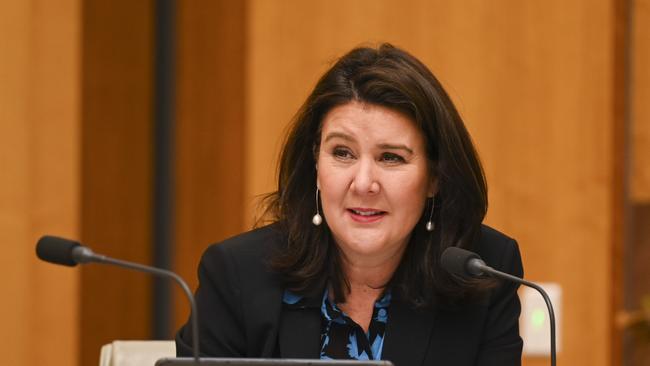
A main criticism of the budget from the Coalition has been that it did not do enough to tackle inflation.
When asked by Liberal senator Jane Hume if the budget had added to inflation, the governor disagreed.
“I don’t think the budget is adding to inflation. It is reducing inflation by the next financial year,” he replied.
“The question is whether it could do more and different people have different views on that.”
The government’s intervention to cap coal and gas prices will shave half a percentage point off the inflation rate, he said.
RBA BANS PwC AMID SCANDAL
Embattled consultancy PwC will no longer be used at the central bank moving forward, with Dr Lowe describing the recent tax confidentiality scandal as “unacceptable”.
The firm is under fire after it was revealed a partner at the firm shared confidential information about the government’s planned tax reforms to help clients pay less tax.
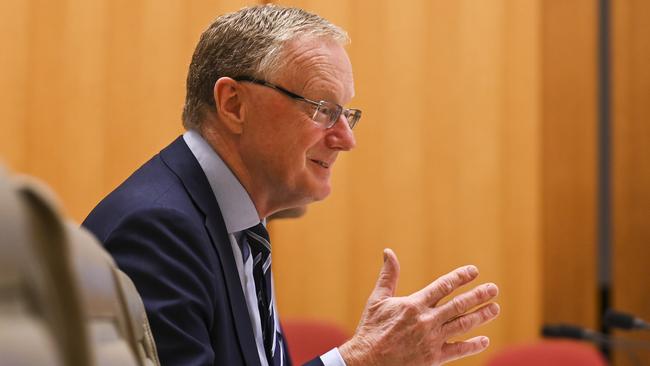
Dr Lowe told the senate estimates committee that PwC was hired late last year to assist the central bank to figure out how much it underpaid former staff.
“We are as appalled as you are on the use of private information for personal gain,” he said.
He said PwC has been paid anywhere between $100,000 to $900,000 for its services and it was hired before the scandal was made public.
The governor called on PwC to be more transparent about who at the firm was involved.
“They’ve got to rebuild trust. How they do that, that’s challenging,” he said.


